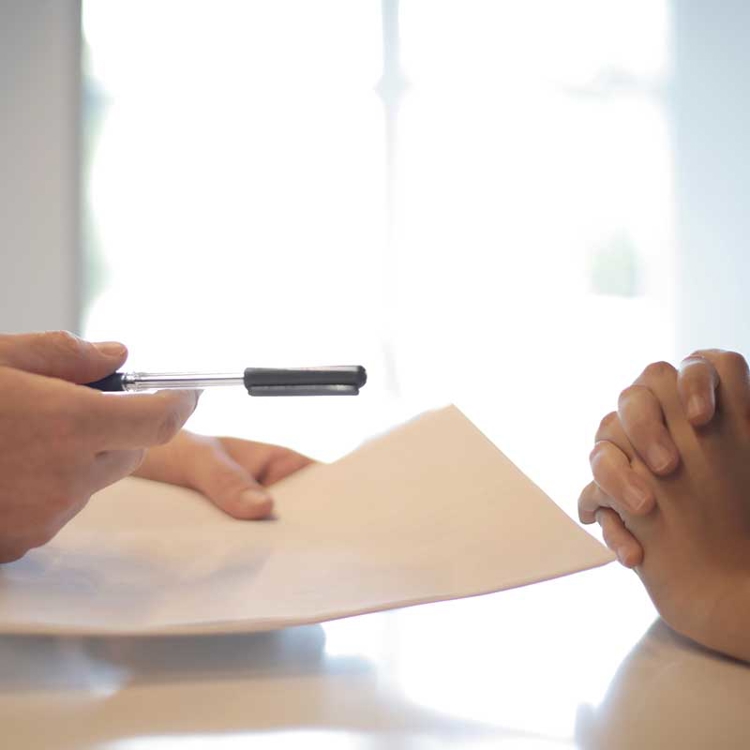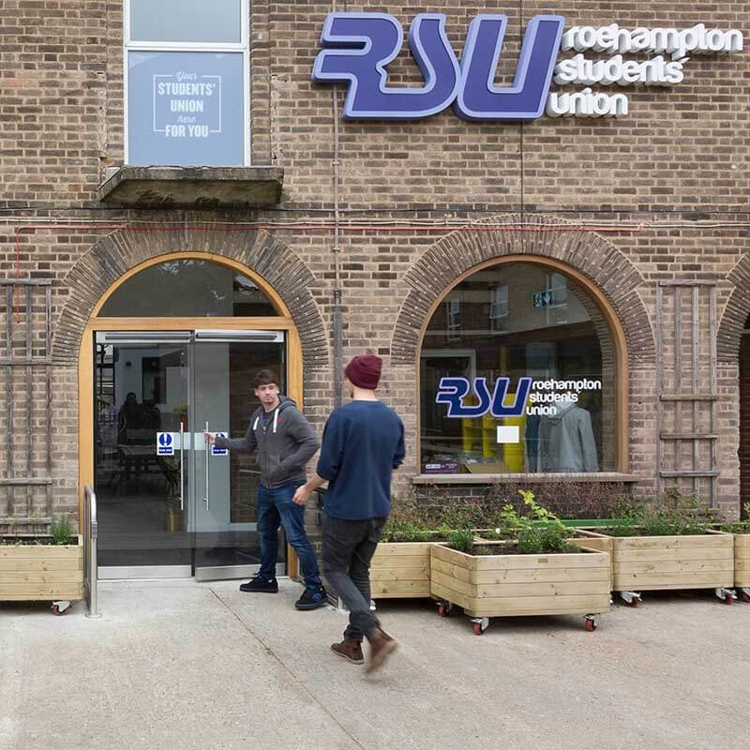Parents' and guardians' guide
As students embark on their university journey, we are here not only to support them, but to give you all the guidance and information you need to feel at ease.
As students embark on their university journey, we are here not only to support them, but to give you all the guidance and information you need to feel at ease.

Times Higher Education Young University Rankings 2024

Postgraduate Taught Experience Survey 2022 and 2023

National Student Survey 2024

At Roehampton, we understand the important role you play in your child's journey. We are dedicated to ensuring their safety, wellbeing, and academic success. Our campus offers a range of services designed to support students in every aspect of their university life, from academic guidance to mental health resources.
There are many things to consider when a student starts university. As a parent or guardian, we understand you may have a lot of questions. To make things easier for you, we have gathered all the information you will need to know below.
We have an exciting line-up of webinars, open days, and campus tours coming up, all designed to help you get a better insight into life at Roehampton!
Get a real taste of our campus, community and what it’s like to study at Roehampton

Finance and fees tend to be the main concern amongst parents and carers. To help students, we have a Student Hardship Fund that students can apply for, we also offer scholarships and bursaries to home and international students. We have also considered the everyday living costs, for example, there is a free student bus service around the local area.

We offer affordable accommodation on campus. Students can choose a room to suit them, whether that’s with friends or in a single-sex apartment. Accommodation is guaranteed if you apply by a certain date and fees are paid in three instalments, these will be arranged at the start of every term after students have received their student loans.

Our student’s wellbeing and safety is our top priority. The RoeWellbeing App gives students direct access to our wellbeing services. Student Wellbeing Officers can give students guidance on emotional support resources and direct them to the right services for advice on mental health support and advice. There is also the professional Counselling Team and the Mental Health Advising Team. The Disabilities team support students with disabilities, learning differences and long-term health conditions.

We know a lot of students will want to take on part time jobs whilst at university, we have designed our teaching timetable to support students with this, ensuring they have the flexibility to take on part-time work, placements, or internships, gaining real-world experience before they graduate.

There are plenty of opportunities for student to meet new people. Our Student Union offers a wide range of sporting, lifestyle and artistic societies for everyone to get involved in.

We offer a wide range of career workshops and events so that students can engage with employers and gain the skills they need to succeed in the workplace:
Students will apply to university in year 13, but it is a good idea for students to start thinking about what and where they want to study in advance.
UCAS fairs are held early on to allow students to get an idea of what universities have to offer.
Universities will hold open days throughout the year so students, parents and guardians can visit the universities they are interested in and find out more information.
3 September 2024: Completed undergraduate applications can be submitted to UCAS. Students will need a reference before they can send their application.
29 January 2025: The deadline to apply for most courses is 29 January 6pm (UK time).
Getting offers:
When universities review applications, some may invite the student to an interview to help them decide whether to make them an offer.There are different offers a university may give:
Replying to offers:
If a student receives an unconditional offer, they can choose to confirm their place immediately. If their offers are conditional, they can pick their top two universities. The two types of replies that can be made are:
With a conditional offer, students will find out on results day if their exam results are high enough for the university to confirm their place.
26 February 2025: Extra opens. This is for students who have used all five choices and are not holding any offers.
30 June 2025: If students submit an application after 6pm (UK time) on the 30 June 2025, it will be automatically entered into clearing.
4 July 2025: Last day for students to add an Extra choice to their application.
5 July 2025: Clearing is opened to applicants so they can begin to research courses.
14 August 2025: Results day
20 October 2025: Clearing closes.
Blog: UCAS explained, all you need to know about applying to university.